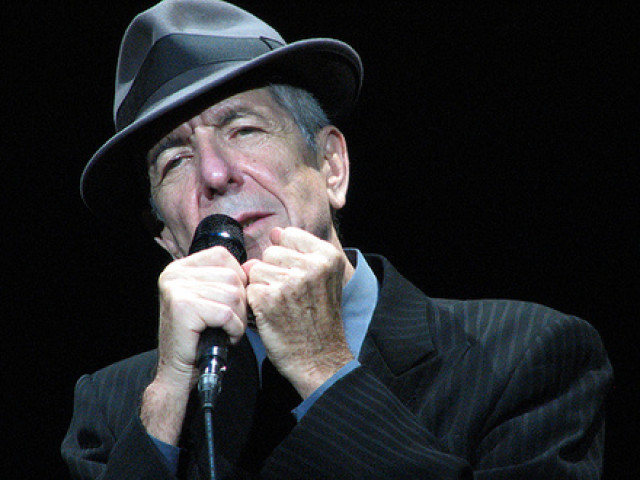Leonard Cohen's new album

Leonard Cohen celebrates this Sunday 80 years on this planet. And it does still have many things to say, as evidenced by the fact of celebrating the anniversary with the release of a new album, Popular problems, which goes on sale three days later. Nine songs that prolong the glorious rebirth of the Canadian troubadour since 2008 decided to return to live and revive their commitment to music with the publication of Old Ideas (2012).
Popular problems maintains the same balance as the previous (and acclaimed) album of the Prince of Asturias Award for Letters 2011: on the one hand, fidelity to style and recognizable traits; on the other, eclecticism and the attempt to cover as much as possible in a single work.
«I slow down the song. I never liked how fast. You want to get there soon, I want to get the last one. It's not because I'm old, it's not because of the life I've led. I always liked it slowly ». Cohen recites in Slow, the cut that opens the record, and in it defends his way of understanding music, while applying on himself his subtle Cohenian humor. With a veteran superior to that of Bob Dylan and Paul McCartney, to mention two other icons of popular music, Cohen speaks here of the passage of time and the proximity of death, but also of the other recurring themes in his songs- history: religion, the pain that we inflict on humans, the passion of love, the future ...
In the sound, Cohen continues to sound blues and black music -especially in the omnipresent female choirs-, but also to the synthesizers that marked his production of the 80s. There are also Arabic and Indian echoes in Nevermind to talk about eternal war, and percussive cadences far from the European-Western canon in Almost like the blues, where he leaves another of his great phrases, talking about the burdens he must endure in his old age: "There is torture, there is murder and there are all my bad criticisms."
Cohen presents this new album in London today. Dodging in regard to his public presence, the musician and poet will have to talk about the messages that underlie Samson in New Orleans (a cut inspired by the passage of Katrina through the city) or Born in chains, in which the narration of the Torah (more specifically, from the book of Exodus) is intermingled with the Buddhist teachings. Cohen will surely dodge questions about the embezzlement he suffered at the hands of his manager while he was retiring in a Zen monastery. A fact that, in the long run, forced Cohen to return to the stage and recover the lost money. An explanation too prosaic to justify the concerts of three and a half hours that the author of So long, Marianne and First we take Manhattan offered during his last tour.
Escribe tu comentario